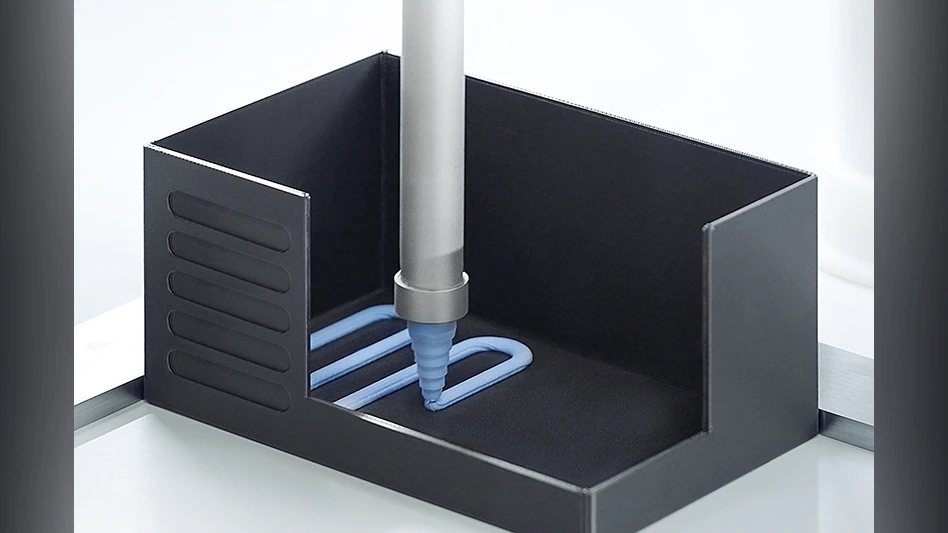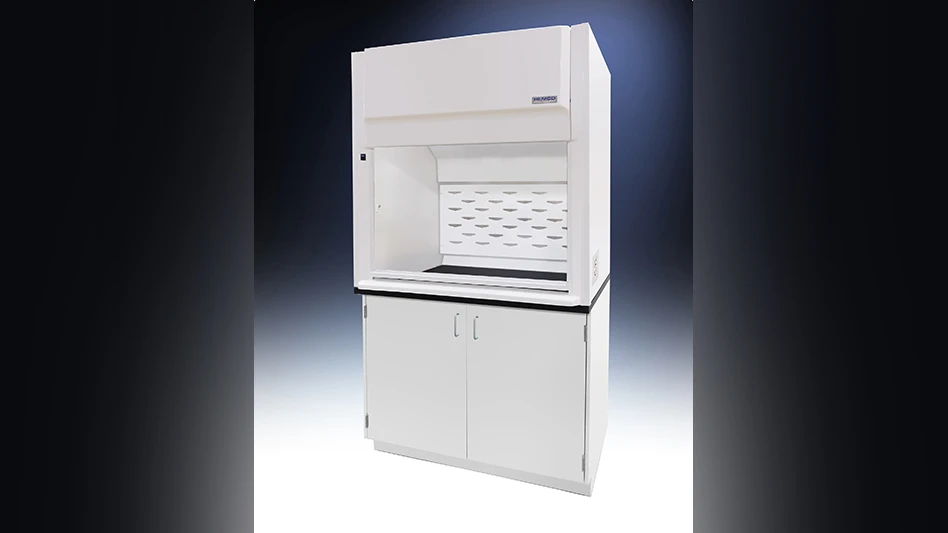
Pasco, Washington – In keeping with its mission to continuously improve non-destructive testing technologies, UniWest has introduced the new EVi eddy current testing system. Developed in response to industry demand for a portable, high precision, operator-friendly eddy current system, the EVi incorporates real-time imaging of the surface under inspection.
The result is a surface flaw detection system that provides conventional eddy current charts, graphs or plots, in multiple display modes, alongside a real-time visual image of the surface area under inspection. For operators, the easily accessible on-screen information speeds discernment of surface conditions at the same time it improves detection of cracks and other discontinuities.
The EVi system is fully compatible with all UniWest scan probes and accessories and many other compatible devices.
In addition to accelerating process speed and improving ease of use, the EVi offers a set of previously unavailable capabilities for bolt-hole, surface, flush-rivet, weldment, and interface scanning.
When used in conjunction with UniWest’s ECS-5 Bolt-Hole Scanner, the EVi enables full surface imaging bolt-hole inspection of previously inaccessible surface areas, including complex, multi-stack, and multi material stack-ups. Together, the EVi/ECS-5 provide rotary and linear scan-motion indexing at scan resolutions between 3mil and 30mil in one mil increments. Scan motion indexing can be applied at rotations between 500rpm to 3,000rpm, adjustable in 10rpm steps, at constant torque throughout the speed range.
When used with UniWest’s ECS-3S Handheld Scanner the EVi enables full-surface scanning of previously inaccessible, remote and obscure surface areas. Ergonomically designed for comfortable handling and rapid inspection of small and hard to reach areas, the ESC-3S scanner provides a constant, high-speed scan of the surface. The ECS-3’s contour-following sensor assembly allows inspection of variable surface gradients, including detection of cracks and other discontinuities around flush-rivets and fasteners, as well and under paint. The ECS-3S provides surface scanning of friction stir-welds and surface weldments as small as 0.75" at frequency ranges between 20kHz and 10MHz.
Designed to minimize human intervention, the EVi eliminates operator setup and calibration with automatic connect-and-scan functionality. The unit automatically recognizes operating parameters of scanners and accessories. Accessory parameters such as motor voltage and encoder resolution are set automatically upon connection.
Fully connectable by virtually all communication and network protocols, EVi data is distributable via USB, Ethernet, VGA via USB adapter, OSB/OTG, Multi I/O, Analog X/Y, or USB Keyboard.
The EVi display accommodates multiple display modes including surface imaging, impedance planes, oscilloscope, strip charts, and other data display formats.
Source: UniWest
Latest from Aerospace Manufacturing and Design
- 2024 Favorites: #9 Article – 5 tips for upskilling your aerospace machinists
- 2024 Favorites: #9 News – Siemens acquires Altair Engineering
- 2024 Favorites: #10 Article – How 3D-printed aviation parts can accelerate return to air
- 2024 Favorites: #10 News – Boom Supersonic completes Overture Superfactory
- OMIC R&D hosts Supporting Women in Manufacturing Day 2024
- 4D Technology's AccuFiz SWIR interferometer
- Seventh Lockheed Martin-built GPS III satellite launches
- KYOCERA AVX's CR Series high-power chip resistor





